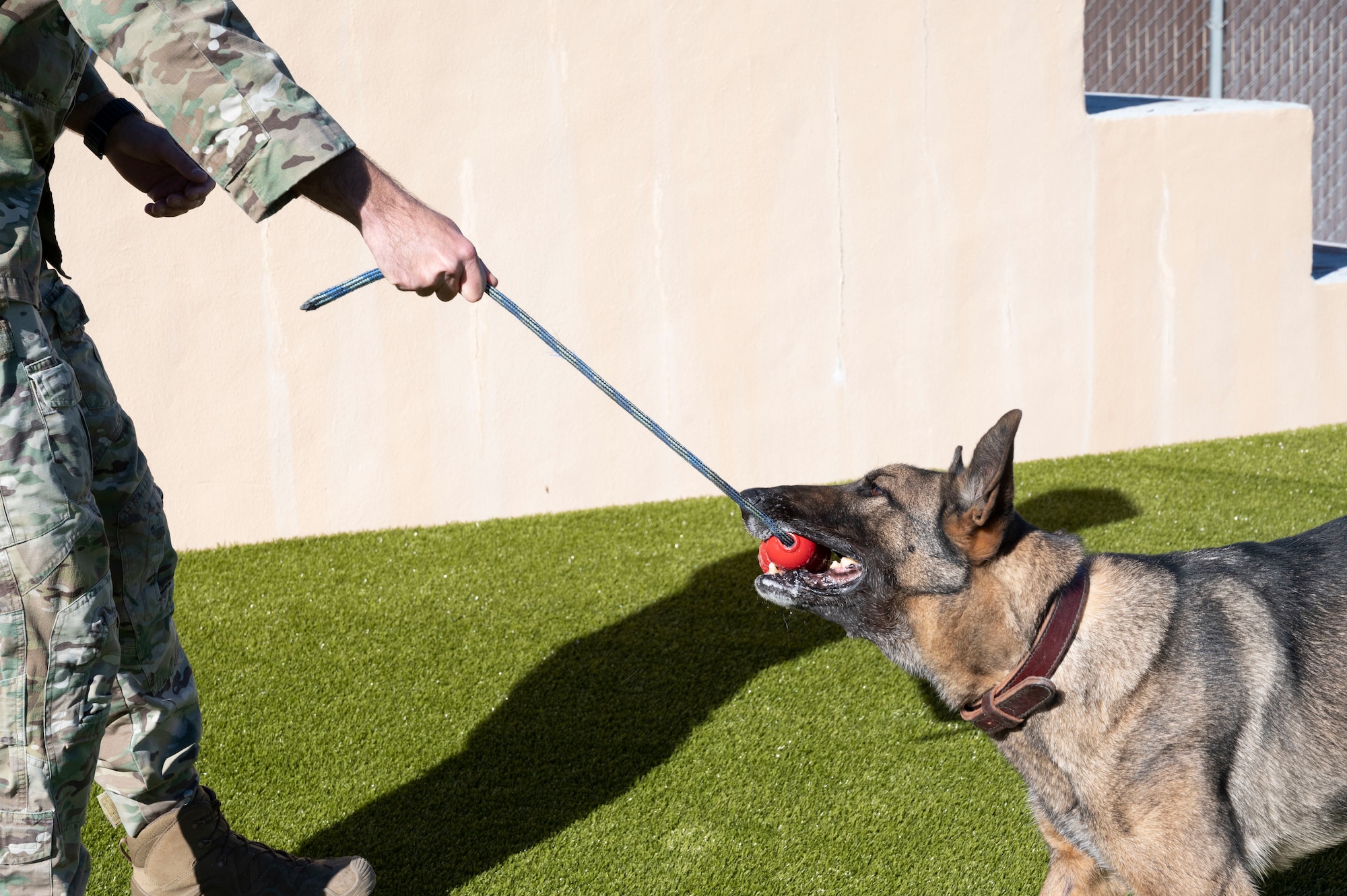Start your dog’s training journey with Ohana K9 Academy experts.
Start your dog’s training journey with Ohana K9 Academy experts.
Blog Article
Important Pet Dog Training Strategies for a Lifetime of Good Behavior
Effective canine training is fundamental to fostering a mannerly friend that improves our lives. Recognizing canine habits and using socializing approaches can protect against possible problems before they occur.
Understanding Pooch Actions

Additionally, comprehending the natural impulses and drives of a pet dog-- such as prey drive, social communications, and territorial habits-- makes it possible for instructors to expect and take care of specific behaviors. A pet with a solid victim drive may need various approaches than one that is extra socially inclined.
Additionally, very early socializing and direct exposure to numerous settings dramatically influence a pet dog's actions and temperament. Favorable experiences throughout essential developing periods can cause well-adjusted grown-up pets, whereas adverse experiences may result in stress and anxiety or aggression.
Favorable Support Approaches
Amongst the various dog training techniques, positive support techniques stand apart for their effectiveness and capability to enhance the bond in between dog and trainer (Ohana K9 Academy). This strategy stresses gratifying desired habits rather than punishing undesirable ones, fostering a more participating and trusting relationship
Favorable support can take several forms, including treats, praise, playthings, or playtime. The key is to offer prompt incentives when the dog exhibits the preferred behavior, enabling them to make the connection in between the activity and the favorable result. If a canine sits on command, offering a treat right away strengthens that behavior, making it more most likely to be repeated.
Consistency is vital in positive reinforcement training. Trainers ought to use the exact same signs and rewards to prevent perplexing the dog. Additionally, varying the rewards can maintain the pet dog's rate of interest and motivation, transitioning from constant treats to occasional praise or play as the pet dog masters the actions.

Basic Command Training
Structure on the structure developed via positive support methods, fundamental command training acts as an essential step in establishing an accommodating pet. This training normally encompasses vital commands such as "sit," "remain," "come," and "down - Ohana K9 Academy." Each command plays a vital duty in fostering reliable communication in between the dog and its proprietor, boosting the general bond
To start fundamental command training, select a silent environment without distractions. Begin with short, focused sessions lasting no greater than 5 to 10 minutes to maintain your canine's attention. Use high-value treats as incentives, making certain the pet links correct behavior with favorable outcomes. When instructing i was reading this a command, make use of a clear, consistent verbal hint gone along with by hand signals to strengthen understanding.
Perseverance is essential; pet dogs might need various repetitions to realize commands completely. Regular practice reinforces found out commands, solidifying them in your pet's actions repertoire.
Socialization Techniques
In the world of pet dog training, socializing methods are necessary for cultivating a well-adjusted and positive canine buddy. Efficient socializing entails exposing your canine to a range of environments, people, and various other pets in a regulated and favorable fashion. The key purpose is to help your dog establish a comfort degree with diverse experiences, which can significantly decrease anxiety and stress and anxiety in unknown circumstances.
Begin socialization throughout the essential developmental home window of 3 to 14 weeks, when puppies are most receptive to brand-new experiences. Introduce your dog to different settings, such as parks, metropolitan areas, and homes with various other animals. Make sure these experiences declare by utilizing deals with and praise to reinforce etiquette.
Group training courses are a superb way to expose your dog to other dogs and people in an organized setting. This permits monitored communications, aiding your pet dog discover ideal social hints. Regular outings and playdates with genteel canines can additionally improve social abilities.
Attending To Behavioral Issues
Dealing with behavior issues in pets is a vital element of training that calls for a systematic method and understanding of canine behavior. Typical concerns such as barking, eating, aggressiveness, and anxiety can stem from various aspects, consisting of absence of socialization, not enough exercise, or perhaps clinical problems.

Additionally, developing an organized routine that includes routine workout and mental excitement can significantly reduce behavior concerns. Interactive playthings can maintain a pet dog engaged and lower damaging tendencies. In instances of severe aggression or anxiety, consulting with an expert pet fitness instructor or a vet behaviorist might be needed.
Conclusion
In conclusion, reliable pet training methods, including positive reinforcement, fundamental command training, and socializing, are vital for promoting good behavior throughout a pet's life. Dealing with behavior look at here now concerns with a systematic method not only improves obedience however also strengthens the bond between pet dogs and their proprietors.
Report this page